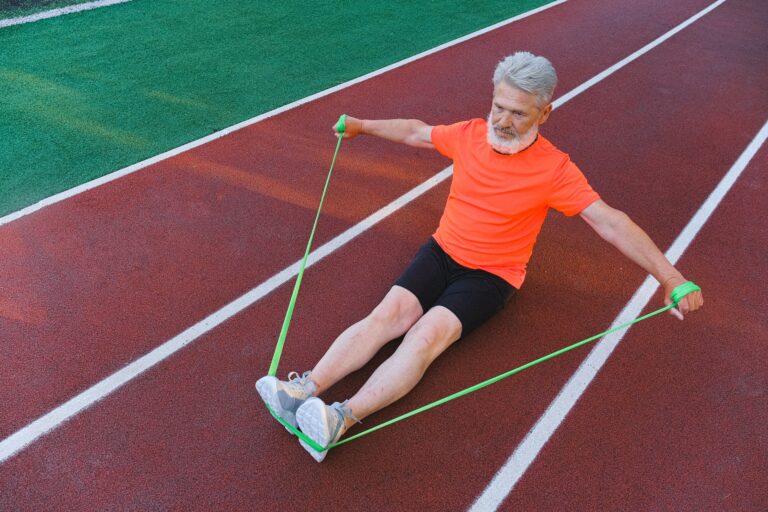
Why Is Stretching So Important?
Stretching — especially before bed — is an excellent aid for longevity. It has many benefits, from easing stress and improving sleep to reducing inflammation and menopause symptoms (among many more), says Livestrong’s recent article entitled, “Want to Age Well? Do This Every Night Before Bed.” Here are the benefits of stretching before bed for older adults (and everyone else), plus which bedtime stretches are best.
- It Eases Stress. Stretching profoundly stimulates the body’s parasympathetic nervous system, which is responsible for resting, digesting, and healing the body. That’s why a mindful stretching practice before bed is an effective tool to help ground us and inhibit the sympathetic nervous system for better health.
- It Reduces Inflammation. Regular stretching can have a great effect on decreasing inflammatory markers in the body. Gentle stretching at a low intensity can help you relax and stimulate the parasympathetic nervous system, which has an inflammatory regulating response.
- It Can Improve Your Sleep Quality. Age is linked to difficulty falling and staying asleep. Therefore, winding down before bedtime can be challenging for many people. Stretching can also positively affect your sleep.
- It Lowers Your Risk of Injuries (Including Falls). Stretching increases the force-length relationship of your muscles, so your muscles can both produce and manage a greater amount of force at various lengths. This can help decrease muscle and tendon-related injuries. Longer muscle lengths may allow the body to maintain balance and avoid falls, which is especially important as we age more effectively.
- It Increases Blood Flow. Stretching can stimulate the parasympathetic nervous system, dilating the blood vessels to the muscle. Therefore, stretching would also theoretically increase blood flow to the muscles. That’s especially important because some older adults deal with blood flow-related health issues.
- It Decreases the Frequency and Severity of Leg Cramps. Leg cramps are more common in older people because the tendons (the connective tissues that attach muscles to bones) shorten as you age. The frequency and severity of leg cramps also relate to poor hydration levels and nutrition deficiencies. Since older people are more likely to be dehydrated and lack certain essential nutrients, this puts them at a greater risk. Stretching at night may alleviate leg cramps.
- It Helps With Menopause Symptoms. Light to moderate stretching can likely improve symptoms of menopause, such as hot flashes, sleep problems and mood fluctuations.
Reference: Livestrong (June 1, 2023) “Want to Age Well? Do This Every Night Before Bed”

